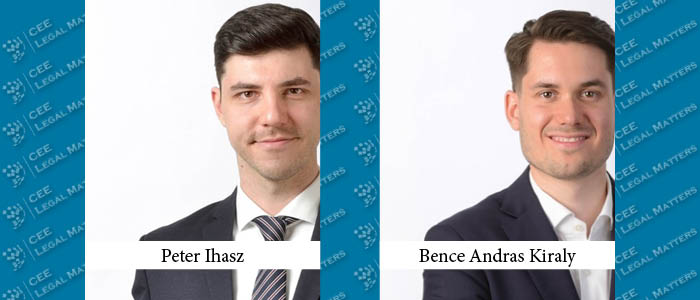A reorganisation of the authorities regulating the pharma sector and new legislative pieces have brought notable changes to the life sciences sector in Hungary.
The key changes over the last few months have been:
- The new centralised pharmaceutical administration body, the National Centre for Public Health and Pharmacy (Nemzeti Népegészségügyi és Gyógyszerészeti Központ (NNGYK)), has become the sole national authority for pharmaceutical, medical device, and food safety matters. The creation of the NNGYK was brought about in August 2023 by the merger of the National Institute of Pharmacy and Nutrition (Országos Gyógyszerészeti és Élelmezés-egészségügyi Intézet (OGYÉI)) and the National Public Health Centre (NPHC) (Nemzeti Népegészségügyi Központ (NNK)). The expectation is that the previously separate authority bodies, in many cases requesting each other’s assistance, will be able to operate in a more efficient, streamlined manner with shorter response times.
- New active substances and new indications were introduced to the list of reimbursed medicinal products with effect from 1 January 2024. This long-awaited piece of legislation expanded the list of medicines covered by social insurance funding. Decree nr. 50/2023 (XII.12.) amended previous legislation on the Social Insurance Funding of Medicines and on the Issuance of Financing Procedures. The new regulations will result in the inclusion of high-value medicines in 38 therapeutic areas, including 52 products in oncology, onco – hematology, chronic heart failure, Parkinson’s disease, and Wilson’s disease in social insurance funding.
- Late last year, Act XCI of 2023 was published on 21 December 2023, containing several amendments to laws affecting the supply of medicines in Hungary. It mainly amends pricing rules for certain medical devices, where products in certain categories may be sold at a price up to 5 percent higher than the price accepted as the basis for public funding. This amendment is particularly important for distributors operating in a retail system, where there have been no limits on the maximum price at which a distributor of a medical device may sell its product if it is supplied to another distributor and not to the end user. A separate ministerial decree is expected to determine the maximum price at which such medical devices can be sold.
By Peter Ihasz, Senior Associate, and Bence Andras Kiraly, Associate, Wolf Theiss



